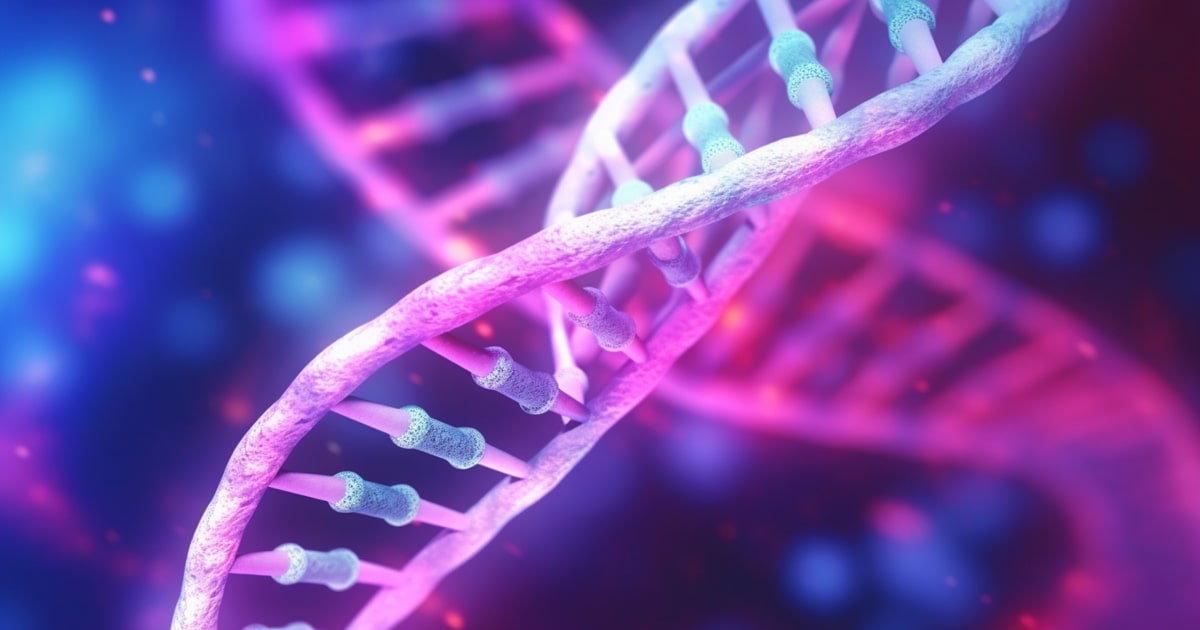
Expert Reviewed By: Dr. Brandon Colby MD
Xanthinuria type II is a rare genetic disorder characterized by an excess of xanthine in the body, leading to various health issues. Due to its rarity, diagnosing and managing this condition can be challenging. This article will delve into understanding xanthinuria type II, the role of genetic testing in its diagnosis, and how this knowledge can aid in the management of the disease.
Understanding Xanthinuria Type II
Xanthinuria type II is an inherited metabolic disorder caused by a deficiency in the enzymes xanthine dehydrogenase and aldehyde oxidase. These enzymes are responsible for breaking down xanthine, a purine base found in many foods. When the enzymes are deficient, xanthine accumulates in the body, leading to various health problems, including kidney stones, kidney failure, and muscle pain.
Challenges in Diagnosing Xanthinuria Type II
Diagnosing xanthinuria type II can be difficult due to its rarity and the nonspecific nature of its symptoms. Many patients with this condition may be misdiagnosed or remain undiagnosed. Traditional diagnostic methods, such as blood and urine tests, may not always provide conclusive results. In recent years, advancements in genetic testing have provided a more accurate and reliable method for diagnosing xanthinuria type II.
Genetic Testing for Xanthinuria Type II
Genetic testing involves analyzing an individual's DNA to identify specific genetic mutations that cause xanthinuria type II. This can be done using various techniques, including whole-exome sequencing and targeted gene panel testing. Whole-exome sequencing examines the entire protein-coding region of an individual's genome, while targeted gene panel testing focuses on specific genes known to be associated with xanthinuria type II.
These genetic testing methods offer several advantages in diagnosing xanthinuria type II:
- Accuracy: Genetic testing can provide a definitive diagnosis by identifying the specific genetic mutations responsible for the enzyme deficiencies.
- Early detection: Genetic testing can be performed before the onset of symptoms, allowing for early intervention and management of the condition.
- Carrier testing: Genetic testing can identify carriers of the mutated genes, providing valuable information for family planning and genetic counseling.
Using Genetic Testing Results for Disease Management
Once a diagnosis of xanthinuria type II has been confirmed through genetic testing, this information can be used to guide disease management and improve patient outcomes. Some potential applications of genetic testing results include:
Personalized Treatment Plans
Understanding the specific genetic mutations responsible for xanthinuria type II can help healthcare providers develop personalized treatment plans tailored to each patient's unique needs. This may include dietary modifications, medications to reduce xanthine levels, and monitoring for potential complications such as kidney stones and kidney failure.
Family Planning and Genetic Counseling
Genetic testing results can provide valuable information for family planning and genetic counseling. Couples who are carriers of the mutated genes can receive guidance on the risks of having a child with xanthinuria type II and explore options such as preimplantation genetic diagnosis (PGD) to minimize the risk of passing on the condition to their offspring.
Research and Drug Development
Genetic testing can also contribute to our understanding of xanthinuria type II and its underlying genetic causes. This knowledge can help drive research into new treatments and potential drug targets, ultimately improving the quality of life for patients with this rare disorder.
Conclusion
Genetic testing has emerged as a powerful tool for diagnosing and managing xanthinuria type II, a rare and often challenging-to-diagnose condition. By identifying the specific genetic mutations responsible for the disease, healthcare providers can develop personalized treatment plans, provide genetic counseling for family planning, and contribute to ongoing research efforts. As our understanding of xanthinuria type II and its genetic causes continues to grow, so too will our ability to effectively diagnose and manage this rare disorder.
About The Expert Reviewer
Dr. Brandon Colby MD is a US physician specializing in the personalized prevention of disease through the use of genomic technologies. He’s an expert in genetic testing, genetic analysis, and precision medicine. Dr. Colby is also the Founder of and the author of Outsmart Your Genes.
Dr. Colby holds an MD from the Mount Sinai School of Medicine, an MBA from Stanford University’s Graduate School of Business, and a degree in Genetics with Honors from the University of Michigan. He is an Affiliate Specialist of the American College of Medical Genetics and Genomics (ACMG), an Associate of the American College of Preventive Medicine (ACPM), and a member of the National Society of Genetic Counselors (NSGC)